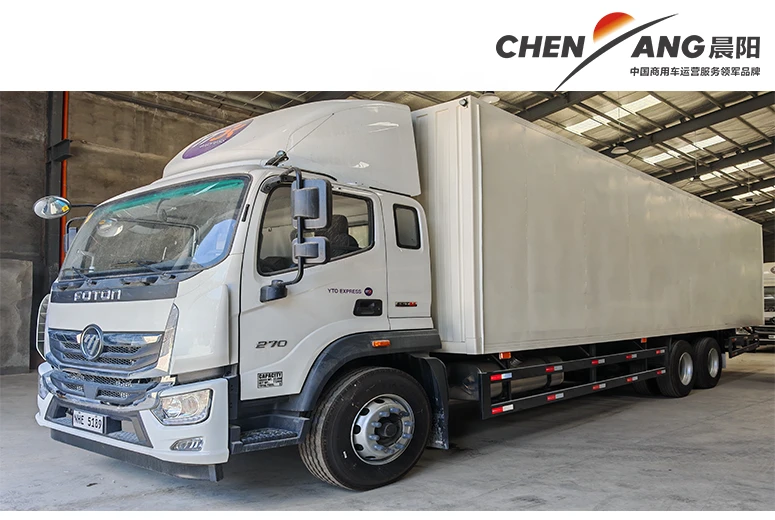must have farm equipment
Essential Farm Equipment Must-Haves for Every Modern Farm
Farming is an age-old profession that has evolved significantly over the years. The landscape of agriculture has shifted dramatically due to technological advances, economic pressures, and changing consumer demands. Today, modern farmers rely on a variety of equipment to enhance productivity, ensure efficiency, and improve sustainability. The right farm equipment can make all the difference between a thriving agricultural operation and a struggling one. In this article, we will explore essential pieces of farm equipment that every farmer should consider indispensable for running an efficient and successful farm.
1. Tractors
Tractors are perhaps the most iconic piece of farm equipment. They serve multiple roles on a farm, from plowing and tilling the soil to planting seeds and transporting materials. Modern tractors come equipped with advanced technologies, including GPS navigation systems that enhance precision farming techniques. With a tractor, farmers can save time and labor costs while increasing their overall productivity.
2. Plows
Plowing is one of the first steps in preparing land for planting. A good plow is essential for transforming rough soil into fertile land ready for cultivation. There are various types of plows, including moldboard plows, chisel plows, and disk plows, each serving specific purposes based on soil type and farming practices. Investing in a high-quality plow can lead to better soil health, improved crop yields, and enhanced drainage.
3. Seeders and Planters
Once the land has been prepared, the next essential piece of equipment is a seeder or planter. These machines allow farmers to plant seeds efficiently and at the appropriate depth, ensuring a uniform crop stand. With advancements in technology, modern seeders often have features such as automatic seed spacing and depth control, which can significantly increase yield potential. Precision planting is becoming increasingly important in maximizing crop productivity while minimizing waste.
4. Harvesters
The harvest season is the culmination of all the hard work that has gone into cultivating crops. Harvesters, including combine harvesters, are essential for efficiently gathering crops at peak ripeness. A reliable harvester can save hours of labor and help prevent crop losses due to weather or pest damage. Today's harvesters often come equipped with cutting-edge technology, including crop sensors and yield monitors, allowing farmers to make data-driven decisions for future planting seasons.
must have farm equipment

5. Irrigation Systems
Water management is critical in agriculture, especially in regions prone to drought. Proper irrigation systems are a must-have for farmers to ensure their crops receive adequate hydration. Modern irrigation solutions include drip irrigation and pivot systems that minimize water waste and deliver water directly to the plant roots. Investing in an efficient irrigation system not only boosts crop health but also promotes sustainable farming practices.
6. Fertilizer Spreaders
To achieve optimal crop yields, farmers must provide their plants with essential nutrients. Fertilizer spreaders are vital for applying fertilizers evenly and effectively across the fields. With options ranging from handheld spreaders for small gardens to large tractor-mounted models for expansive fields, having the right spreader can greatly enhance soil fertility and crop performance.
7. Livestock Equipment
For farms that raise animals, equipment specifically designed for livestock management is crucial. This includes feeding systems, watering troughs, and fencing materials to ensure the health and safety of the animals. Proper handling and care equipment can increase the productivity of livestock, leading to higher quality meat, dairy, or wool products.
8. Maintenance Tools
Lastly, efficient farm management requires a variety of maintenance tools. This includes everything from hand tools like shovels and rakes to more complex machinery like welders and repair kits. Regular maintenance of farm equipment is essential for longevity and optimal performance, preventing unexpected downtime during critical farming periods.
Conclusion
In conclusion, modern farming relies heavily on a range of essential equipment that enhances efficiency and productivity. From tractors and plows to irrigation systems and livestock equipment, the right tools can significantly impact a farm's success. As technology continues to advance, farmers must stay informed and adaptable to ensure they are equipped with the best resources available to meet the challenges of contemporary agriculture. Investing in quality farm equipment is not just an option; it is a necessity for anyone serious about achieving sustainable and profitable farming.
-
Premium Body Chassis Car Solutions Durable Car Body Chassis & Square Body Chassis ManufacturerNewsJun.10,2025
-
Passenger and Commercial Vehicles Versatile Solutions for Every Need High Performance, Reliable SafetyNewsJun.10,2025
-
12 Passenger Vehicles for Rent – Spacious, Comfortable Multi-Passenger Rental OptionsNewsJun.10,2025
-
High-Quality Auto Headlights Durable Designs & Wholesale PricingNewsMay.30,2025
-
70 Seater Coach Hire - Spacious & Reliable Group Transportation SolutionsNewsMay.30,2025
-
High-Efficiency Crop & Land Cultivation Machines for Modern FarmsNewsMay.30,2025
Popular products

























